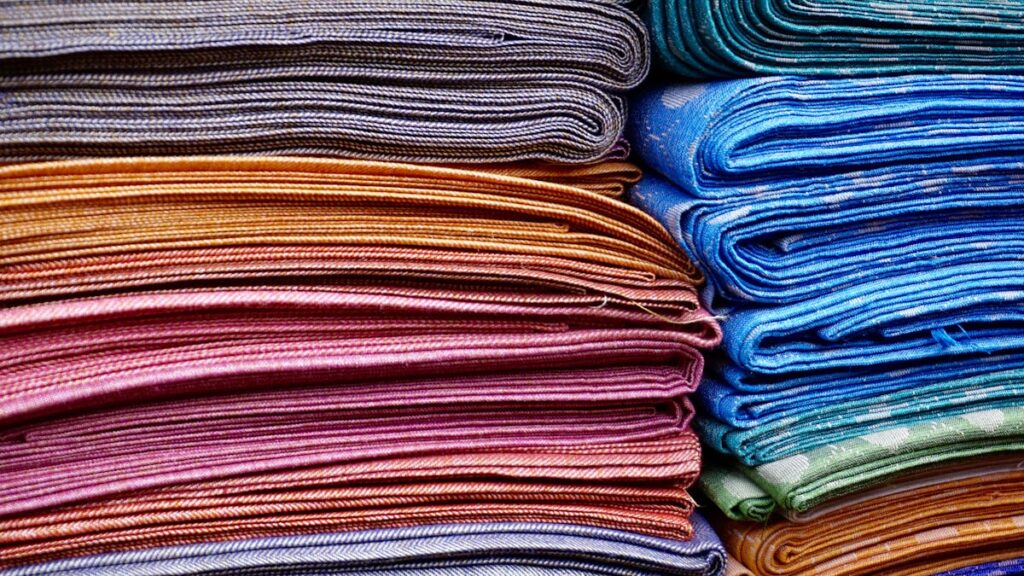Despite its ecological ambitions, the new French tax on fast fashion could prove ineffective within the Common Market, potentially counterproductive, even risky from a geopolitical standpoint. Analyzing a measure with national ambition but international repercussions.
A National Tax in a European Market
Adopted in a first reading at the National Assembly, the proposed law aimed at “reducing the environmental impact of the textile industry” plans to tax fast fashion products sold in France at €5 per article starting in 2025, increasing to €10 in 2030. Officially, this tax targets highly competitive platforms like Shein or Temu, known for their vast assortment and rock-bottom prices.
However, this purely national approach faces a legal and economic reality: France is part of the Common Market, where goods circulate freely. Currently, nothing prevents a company like Shein from establishing its warehouse in Belgium, Spain, or Germany to serve the French market without being subject to the tax. Therefore, evasion is not only possible but legally valid as long as no harmonized European framework exists.
By targeting an economic model without coordination with its EU partners, France risks creating a regulatory distortion that would primarily disadvantage domestic or locally established businesses, without significantly impacting global e-commerce giants. This is a common critique from economic circles, recalling the failure of similar unilateral initiatives in other sectors (taxes on GAFAM, heavy vehicle eco-taxes, etc.).
A Socially Explosive Measure
Another predictable consequence: the increased cost of clothing for French consumers, particularly those from lower-income brackets. While the ecological argument is difficult to refute — the textile sector being one of the most polluting in the world — the tax may be perceived as a social penalty, targeting those who have no choice but to buy low-cost clothing.
Many online testimonies, particularly on social media, already express rising anger: “I order from Shein because that’s what I can afford on my pension,” explains a consumer. Another points out, “all clothes, even in-store, are made in China. Why tax only those who sell them cheaper?”
The government argues that the tax could encourage responsible consumption and support local circuits. However, the availability of French or European textile offerings remains expensive, poorly diversified, and often outsourced, limiting genuine alternatives for modest households. The risk becomes that the burden of ecological adjustment falls mainly on the most vulnerable, a concern already raised during the Yellow Vests movement.
A Questionable Ecological Logic
On substance, the very definition of “fast fashion” adopted in the proposed law — particularly based on the number of items launched per year — has been criticized by several experts. The proposed threshold (over 1,000 new items per day) seems arbitrary and technically challenging to verify.
Moreover, the measure does not consider the lifecycle of clothing, their actual durability, or consumer behavior. A cheap product worn for a long time may have a lower environmental impact than a more expensive item purchased impulsively and seldom used. Thus, the quantitative approach of the proposal is considered reductive, if not counterproductive.
Experts also note that over 90% of clothing sold in France, regardless of brand, is manufactured in Asia. A tax targeting only certain distribution channels without distinction of origin or production conditions risks missing its actual ecological target while favoring traditional players at the expense of new entrants.
A Potential Political Response from Beijing?
Beyond its internal economic effects, the fast fashion tax could also spur diplomatic and trade tensions. By targeting Chinese platforms without addressing the entire textile market, France exposes its legislation to accusations of disguised protectionism.
The Chinese press has already picked up the topic, referring to it as a “disguised attack on Chinese exports” or “trade discrimination under the guise of ecology.” Beijing may be tempted to retaliate by imposing tariffs on sensitive French products, such as wine, cosmetics, or luxury goods, where France holds a strategic position.
There are precedents; Australia, which had demanded an investigation into the origins of Covid, faced abrupt market access bans to China for several of its agricultural sectors. The French luxury sector, which relies on over 30% of its sales from China, could become the first collateral victim of an escalation.
An Initiative Raising More Questions Than It Answers
On paper, the goal of the legislation is legitimate: to combat textile overconsumption and its consequences. However, without European coordination, a clear technical framework, and social compensatory measures, France risks ending up with a symbolic measure that is costly to enforce and politically risky.
Harmonization at the European Union level appears essential. This would not only reduce evasion risks but also ensure fair competition between European platforms and Asian giants. The European Commission has included reforming environmental labeling of textiles in its agenda, but the process will take years.
In the meantime, the French measure could be viewed as a form of “isolated virtuous signal,” politically rewarding but economically ineffective. Worse, it could end up burdening small consumers before achieving any significant reduction in the ecological footprint of the sector.







